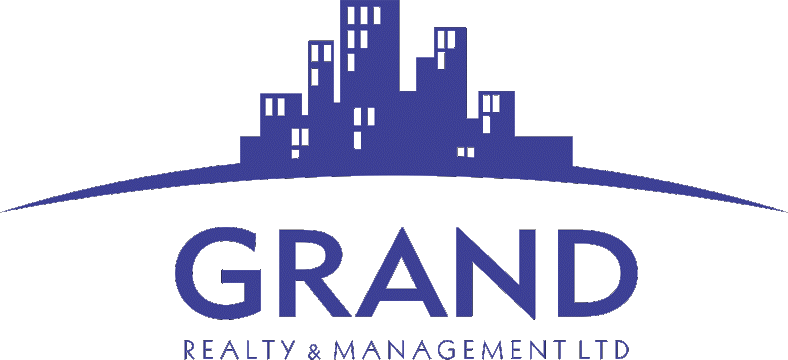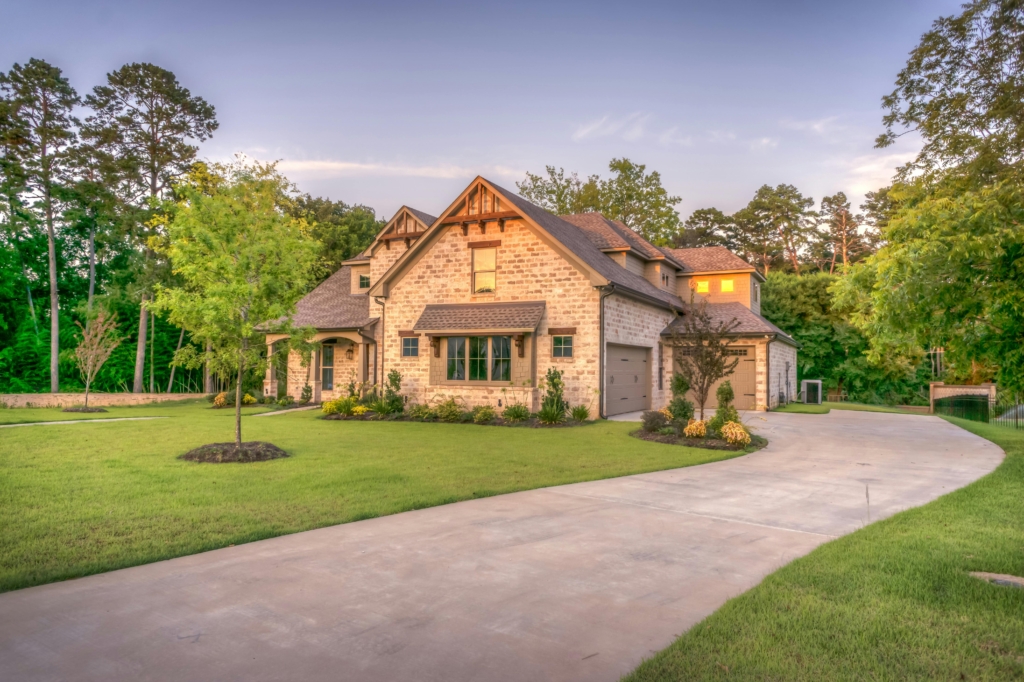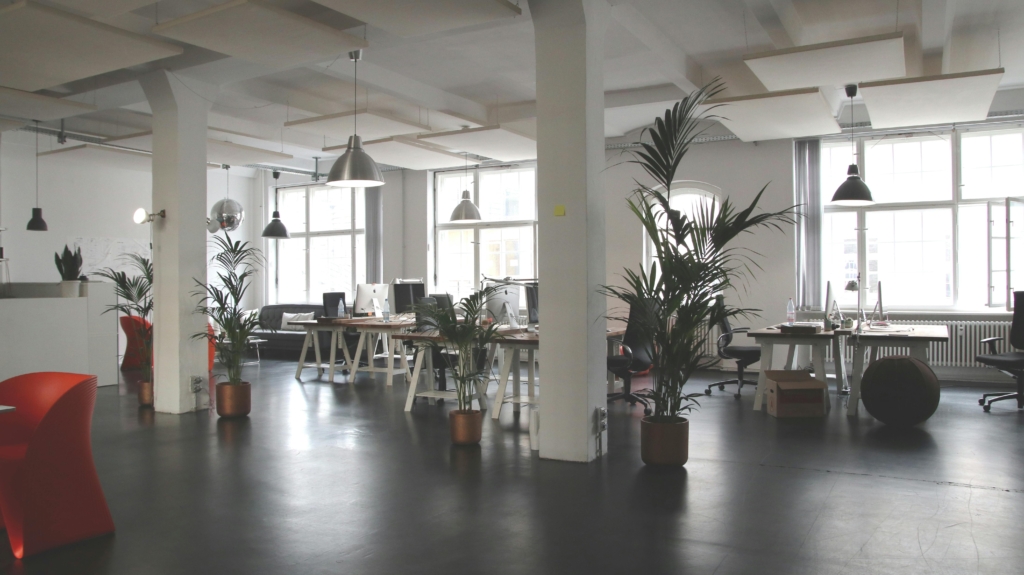Guide
Home Buying & Renting Process in Alberta
Renting and Buying a Home in Calgary: 2025 Guide
Welcome to ExpertsRealtorInCalgary.com, your trusted partner in Calgary’s dynamic real estate market. With an in-depth understanding of the city’s neighborhoods, trends, and opportunities, we specialize in helping buyers, sellers, and investors achieve their real estate goals. Our team combines local expertise with personalized service, ensuring that each client’s unique needs and aspirations are met with exceptional attention to detail.
At ExpertsRealtorInCalgary.com, we believe that real estate is more than a transaction—it’s about building communities, creating value, and fostering long-term relationships. Whether you’re seeking a dream home, a strategic investment, or a commercial property, we leverage our knowledge of Calgary’s market and provide insights to guide you confidently through every step of the process.
Our commitment extends beyond property transactions. We’re proud to contribute to Calgary’s growth and vibrancy, making it a place people are proud to call home. Trust CalgaryWebCreatives.com for an unparalleled real estate experience that puts your priorities first.
Renting in Calgary
Renting in Calgary offers flexibility and lower upfront costs. As of early 2025, the average monthly rent in the city is about $1,915 (for all property types). One-bedroom apartments typically rent for around $1,600–$1,700 per month , while a two-bedroom unit in the city centre can cost roughly $2,200 monthly. These rents are generally more affordable than in Canada’s larger cities, and renters do not pay property taxes or major maintenance expenses out of pocket.
You will usually need to budget for utilities (if not included) and tenant insurance, but the initial cost to rent is relatively low – usually just the first month’s rent plus a security deposit. (In Alberta, the security deposit is capped at one month’s rent by law.)
Rental Laws and Conditions
Alberta’s tenant-landlord laws provide some protections but are relatively landlord-friendly. Notably, there is no rent control cap on increases – however, landlords can only raise the rent once per year with proper notice . Fixed-term leases (often 12 months) are common in Calgary; after a lease ends, it can be renewed or go month-to-month.
Landlords must maintain the property in a safe condition, while tenants are expected to pay rent on time and not damage the unit. If you rent, repairs for normal wear-and-tear are typically the landlord’s responsibility, and you have the flexibility to move once your lease is up (given the required notice, usually 30–60 days for a monthly tenancy).
Overall, renting is quick to get into and out of, making it a good option if you’re new to the city or unsure about your long-term plans.
Buying in Calgary
Buying a home in Calgary involves higher upfront costs but can build equity over time. Home prices in Calgary have been on the rise – as of March 2025, the average home price is about $639,000, up roughly 7% from the year before. (The median home price is slightly lower, around $584,500.) Prices vary by property type: the average detached single-family home costs about $839,000, while an average condo apartment is around $355,000. First-time buyers often consider condos and townhouses, which tend to be more affordable than detached houses in Calgary’s market.
Mortgage rates and costs
In 2025, mortgage interest rates remain higher than the ultra-low levels of a few years ago. Typical 5-year fixed mortgage rates are in the mid-4% range (and expected to stay above 4% through 2025). Some lenders offer shorter-term or variable rates around the low-4% mark (for example, ~3.8% for a 3-year fixed in early 2025). With these rates, a mortgage on a Calgary home can be a substantial monthly expense. For example, a $500,000 home with a 10% down payment might have a monthly mortgage payment on the order of $2,500 (depending on the rate and amortization).
On top of the mortgage, homeowners must budget for property taxes, home insurance, and maintenance. Calgary’s property tax rate in 2025 is about 0.62% of a home’s assessed value per year – for a $500,000 house that’s roughly $3,100 annually (about $258 per month). The good news for buyers is that Alberta has no land transfer tax on real estate purchases (unlike most other provinces) – you only pay a modest land title registration fee instead, saving thousands in closing costs.
However, other upfront costs include a down payment (minimum 5%–20% of the purchase price, depending on your mortgage) and potentially mortgage insurance if your down payment is under 20%. Once you own a home, you’ll also bear ongoing costs for any repairs and upkeep (a common rule of thumb is to set aside ~1% of the property value per year for maintenance, though actual costs vary).
Rent vs. Buy: Which Is Right for You?
Choosing between renting and buying in Calgary comes down to your financial situation, lifestyle, and long-term plans. Both options have clear advantages and drawbacks to consider:
- Renting – Pros: Lower upfront cost and no need for a large down payment; no property tax or major maintenance costs to worry about. Renting also offers flexibility – you can relocate relatively easily when your lease ends, which is ideal if you’re unsure about staying long-term or if you expect life changes (job, family, etc.).
- Renting – Cons: You aren’t building equity when you rent – the money you pay each month goes to your landlord, not into owning an asset. Rent can increase over time (Alberta allows rent hikes with proper notice after each year, with no fixed cap). Additionally, you have limited control over the property (you can’t renovate at will, and the landlord could choose not to renew your lease).
- Buying – Pros: Homeownership lets you build equity as you pay down your mortgage, and you benefit if the property value rises over time. It provides stability – you won’t be forced to move due to a landlord’s decisions. You have the freedom to renovate or modify your home as you like. In Calgary, owning can be a good investment in the long run, especially given the city’s growth and the absence of land transfer tax for buyers.
- Buying – Cons: The upfront costs are significant – you’ll need savings for the down payment, closing costs, and moving expenses. Monthly ownership costs (mortgage, property tax, insurance, condo fees if applicable, etc.) are often higher than rent for a similar property, so it may stretch your budget. Owning also ties you down – selling a home takes time and involves realtor fees. Lastly, you assume the risk of market fluctuations (home values can go down) and responsibility for all maintenance and repairs.
Conslusion and Tips For Deciding
Consider your time horizon and financial readiness. If you plan to stay in Calgary at least 3-5 years and have the financial stability (and savings) to cover a down payment and homeownership costs, buying can be worthwhile for building equity. Calgary’s relatively affordable prices (by national standards) and no land transfer tax make it one of the easier markets for first-time buyers.
On the other hand, if you’re only in the city short-term or want maximum flexibility, renting is the safer choice – it keeps your commitments light and upfront costs low. Think about your monthly budget as well: compare what you would pay in rent vs. what you’d pay as a homeowner (mortgage + taxes + utilities/fees). In many cases, renting a comparable home might cost less per month than owning it in 2025, but homeownership gives you a chance at long-term financial gain.
Ultimately, weigh the pros and cons in the context of your personal circumstances. By understanding Calgary’s housing costs and market conditions in 2025, you can make the decision that’s right for you.



